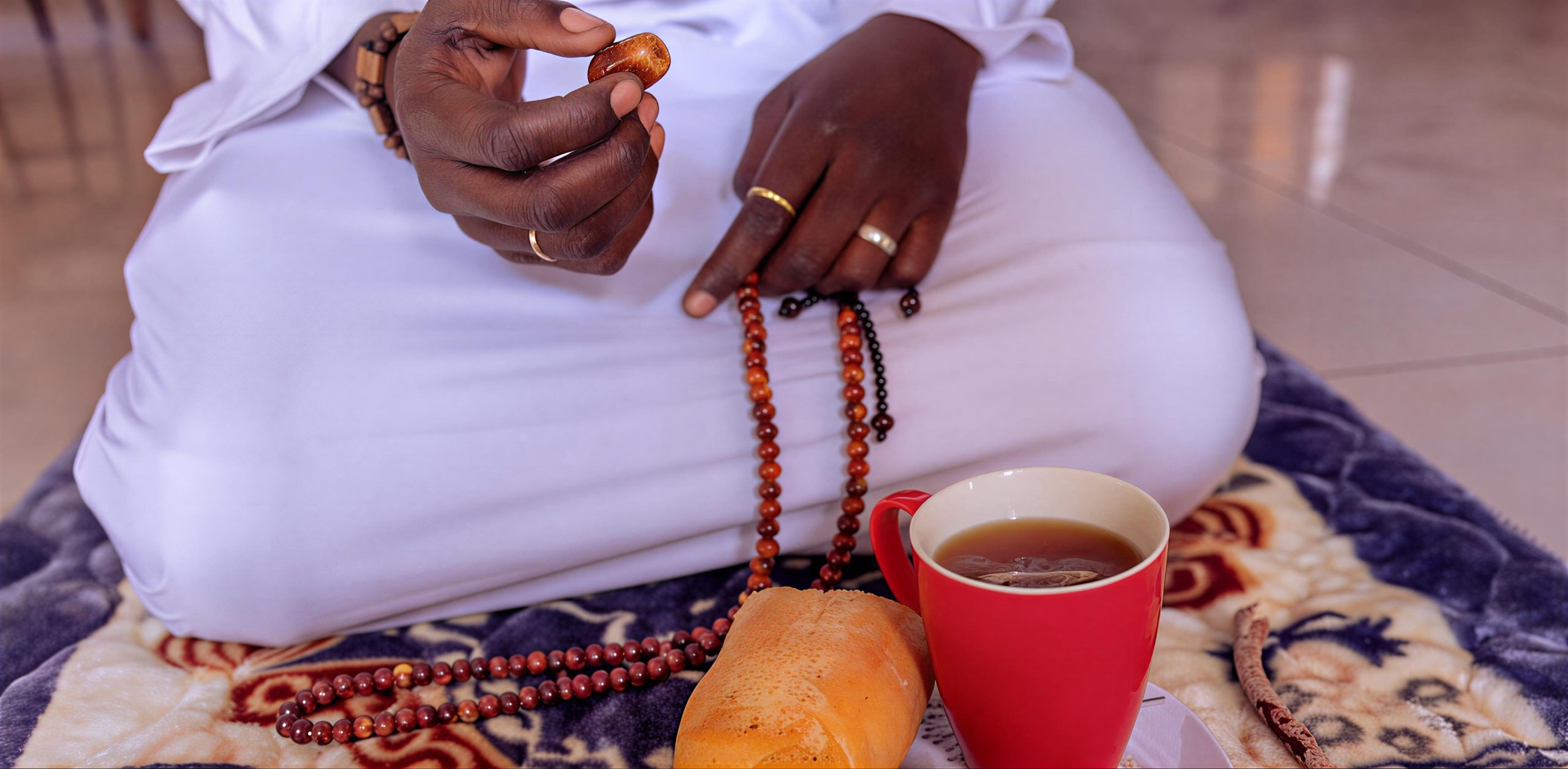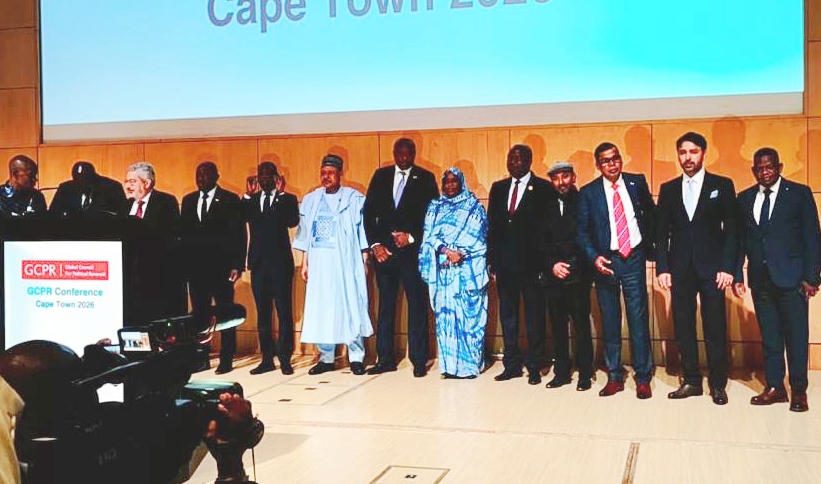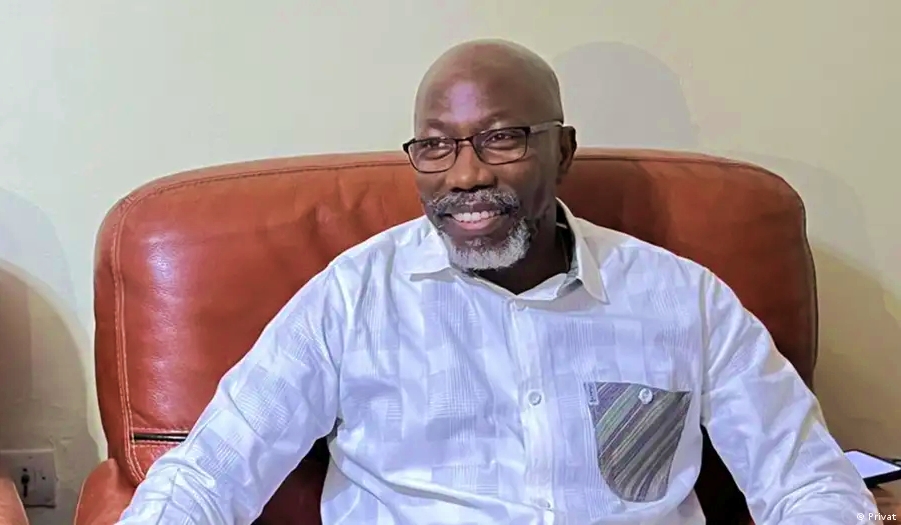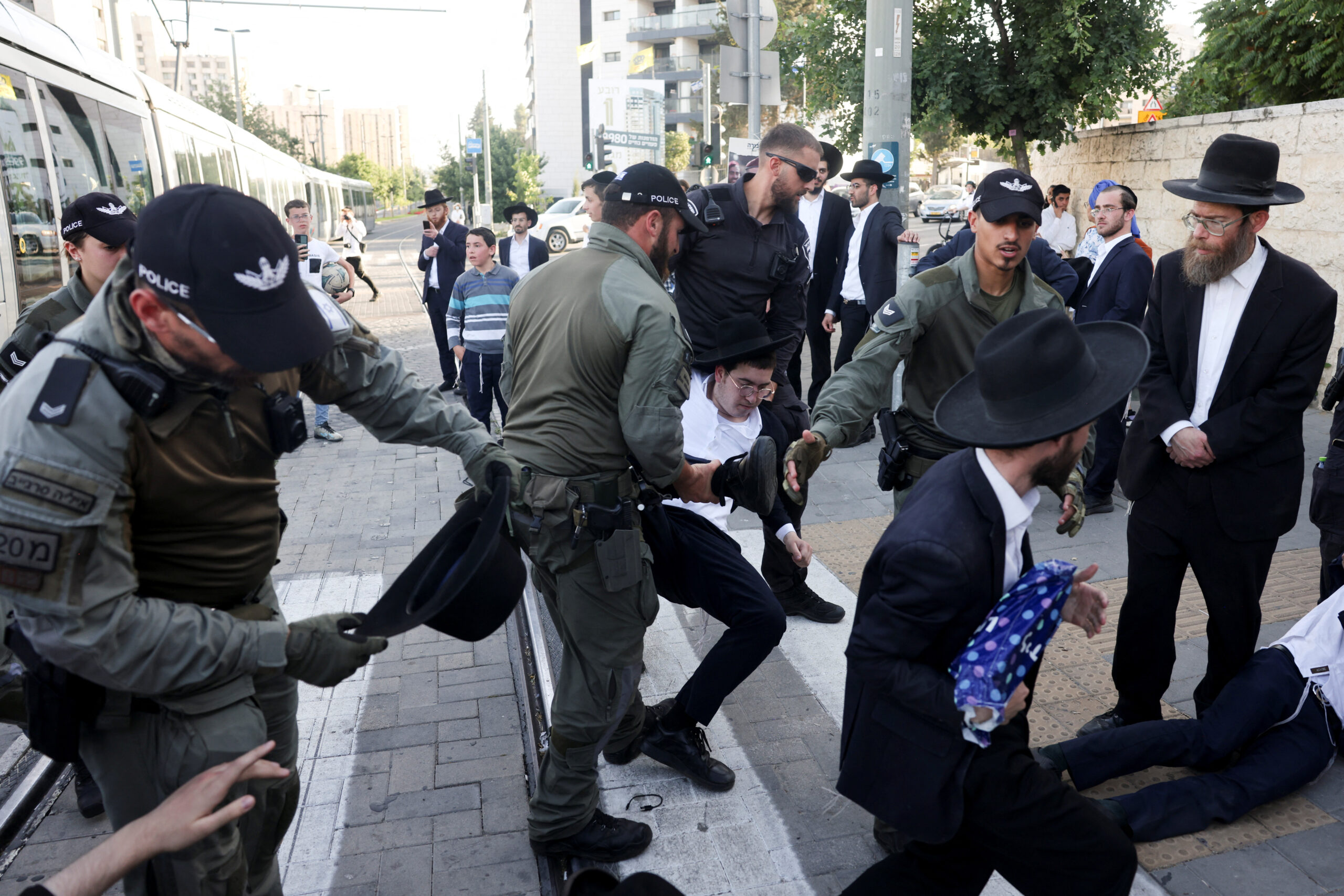Gambiaj.com – (TEL AVIV, Israel) – Israel’s Supreme Court ruled on Tuesday that the state must begin drafting ultra-Orthodox Jewish seminary students into the military, a decision that intensifies political strains for Prime Minister Benjamin Netanyahu. Netanyahu’s Likud party criticized the ruling as “perplexing,” citing ongoing parliamentary efforts to craft a new conscription law addressing the issue.
The prime minister’s coalition government, which relies on two ultra-Orthodox parties, views conscription exemptions as essential for keeping their followers in religious seminaries. These parties, though disappointed with the court’s decision, have not yet threatened the government. However, the potential drafting of seminary students, supported by Defence Minister Yoav Gallant, could deepen divisions within Netanyahu’s already fragile coalition.
The ultra-Orthodox conscription waiver has become a contentious issue as Israel’s armed forces face a multi-front war with Hamas in Gaza and Hezbollah in Lebanon. “At the height of a difficult war, the burden of inequality is more than ever acute,” the court’s unanimous ruling stated.
Israeli law mandates military service for citizens aged 18, typically lasting 24-32 months. While members of the 21 percent Arab minority are mostly exempt, some do serve. Ultra-Orthodox Jewish seminary students have also enjoyed exemptions for decades. With the expiration of the law governing these exemptions last year, the government continued the practice without a new legal basis, prompting the Supreme Court to rule for their conscription.
The ruling further stipulates that seminaries cannot receive state subsidies if their students avoid service without proper deferrals or exemptions. Education Minister Yoav Kisch expressed hope for a compromise, emphasizing the need to avoid societal division during a tough war. “It’s possible to do it together,” Kisch said.
Political scientist Gideon Rahat of the Israel Democracy Institute noted the ruling adds fresh pressure on Netanyahu. “He will try to buy time and make every effort to remove this issue from the public agenda,” Rahat remarked.
While the military urgently needs more conscripts, ultra-Orthodox leaders argue the exemptions are crucial for preserving their traditions. “There’s no judge there who understands the value of Torah study and its contribution to the people of Israel throughout the generations,” said ultra-Orthodox lawmaker Moshe Gafni, head of the parliamentary Finance Committee.
Opposition parties welcomed the ruling. “There’s nothing Jewish about dodging military service,” stated opposition lawmaker and former defense minister Avigdor Lieberman. The government had sought more time to pass a new conscription law to resolve the issue. The draft bill under parliamentary negotiation could either resolve the crisis or potentially bring down Netanyahu’s government.
Gallant, who has occasionally opposed Netanyahu, advocates for a more equitable sharing of the military burden, a view supported by several Likud lawmakers and most of the opposition. Protests have erupted in recent months over the waivers, with ultra-Orthodox demonstrators blocking roads under the banner “death before conscription.”
The economic implications are also significant. The ultra-Orthodox community, comprising 13% of Israel’s 10 million population, is projected to reach 19% by 2035 due to high birth rates. The conscription waiver keeps many in seminaries and out of the workforce, hindering economic growth and placing a welfare burden on middle-class taxpayers.
As the government grapples with this issue, the Supreme Court’s ruling remains a pivotal moment in the ongoing debate over military service and societal equality in Israel.










